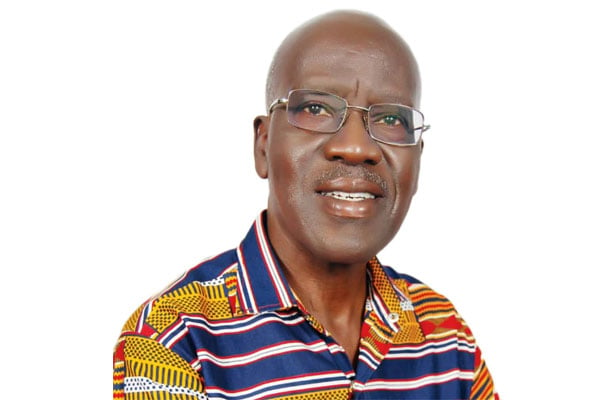Reflections on the monarchs of England

Prof Timothy Wangusa
Those of us in Uganda who attended secondary school in the decades preceding our country’s acquisition of political independence were, of course, taught zero African history but plentiful history of England. The action-centres of that imperial history were the kings and queens of the realm, from William the Conqueror (reigning from 1066-1087) to Queen Elizabeth II.
For me the first four sovereign highlights of those action-centres began with King Henry VIII (1491-1547); the other three highlights being Queen Elizabeth I (1533-1603), King James VI of Scotland also King James I of England (1566-1625), and King Charles I (1600-1649). Fast-forward to the 19th, 20th and 21st centuries and we encounter my further highlights of the long-reigning Queen Victoria I (1819-1901) who reigned for 63 years, her grandson King Edward VIII (1894-1972) who only reigned for one year (January-December 1936), and Queen Elizabeth II (1926-2022): Queen of many good attributes and “many hats”, according to the Saturday Monitor of September 10 of the year of her passing.
Tracing their origin of nationhood to the Norman Conquest of 1066-1071, the British pride themselves on being – in the words of William Shakespeare’s John of Gaunt the Duke of Lancaster in “Richard II” – ‘This royal throne of kings, this scepter’d isle,/This earth of majesty, this seat of Mars,/This other Eden, demi-paradise,/…the envy of less happier lands’.
My first highlight, Henry VIII, fascinated my generation of high school learners with his arrogant and dramatic break with the Roman Catholic Church simply because the reigning Pope had refused to grant him leave to divorce his queen, Catherine of Aragon, so as to marry Anne Boleyn. But because he had previously goose-penned a powerful treatise in defence of the Catholic faith, he had been honoured by the Pope with the award of the personal title “Defender of Faith” – to which title subsequent protestant British monarchs, down to Queen Elizabeth II, have tenaciously clang as applying to their individual selves!
My second highlight, Elizabeth I “the virgin Queen”, who died without an heir, thereby precipitating the very ironical situational scenario whereby she was succeeded on the throne by King James VI of Scotland who thus became King James I of England – being the son of the very Mary Queen of Scots (1542-1587) whom she, Queen Elizabeth I, had had imprisoned for 19 years and finally executed for allegedly plotting to overthrow her. This is the very James that lent his name to the authorised version of the English Bible, translated at his Hampton Court over seven years early in his reign.
My third highlight, Charles I the son of James I, became the first king to be executed by parliament (in 1649) for attempting to unilaterally curb its powers. Parliament had the military backing of the extremist puritan believer Oliver Cromwell (1599-1658) who declared himself Lord Protector of the Commonwealth that lasted from 1653-1658 – after which the monarchy was reinstated in 1660 (in an act nostalgically historicised as “The Restoration”) with the triumphant return to England from exile and coronation of Charles II, the son of Charles I.
My fourth highlight is Queen Vitoria, the sixth and last monarch in the royal dynasty of the House of Hanover (imported from Germany) which began with George I (who reigned 1714-1727) – son to Sophia the daughter of James I. The Hanoverians would in due course be succeeded by the House of Windsor, which began with George V (who reigned 1910-1935), and to which Elizabeth II belonged. Queen Victoria is partly memorable in Africa through the colonial imposition of her name upon Africa’s largest lake and its mightiest waterfalls.
My fifth and final highlight is Edward VIII. By abdicating his kingship within one year of his coronation (1936) in romantic preference to marrying a divorcee, Wallis Simpson – he gave way to his brother to become King George VI, whose eldest daughter was thus destined to become the future longest-reigning Queen Elizabeth II.
Prof Timothy Wangusa is a poet and novelist.




